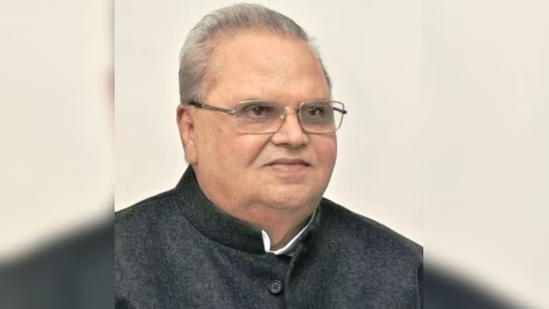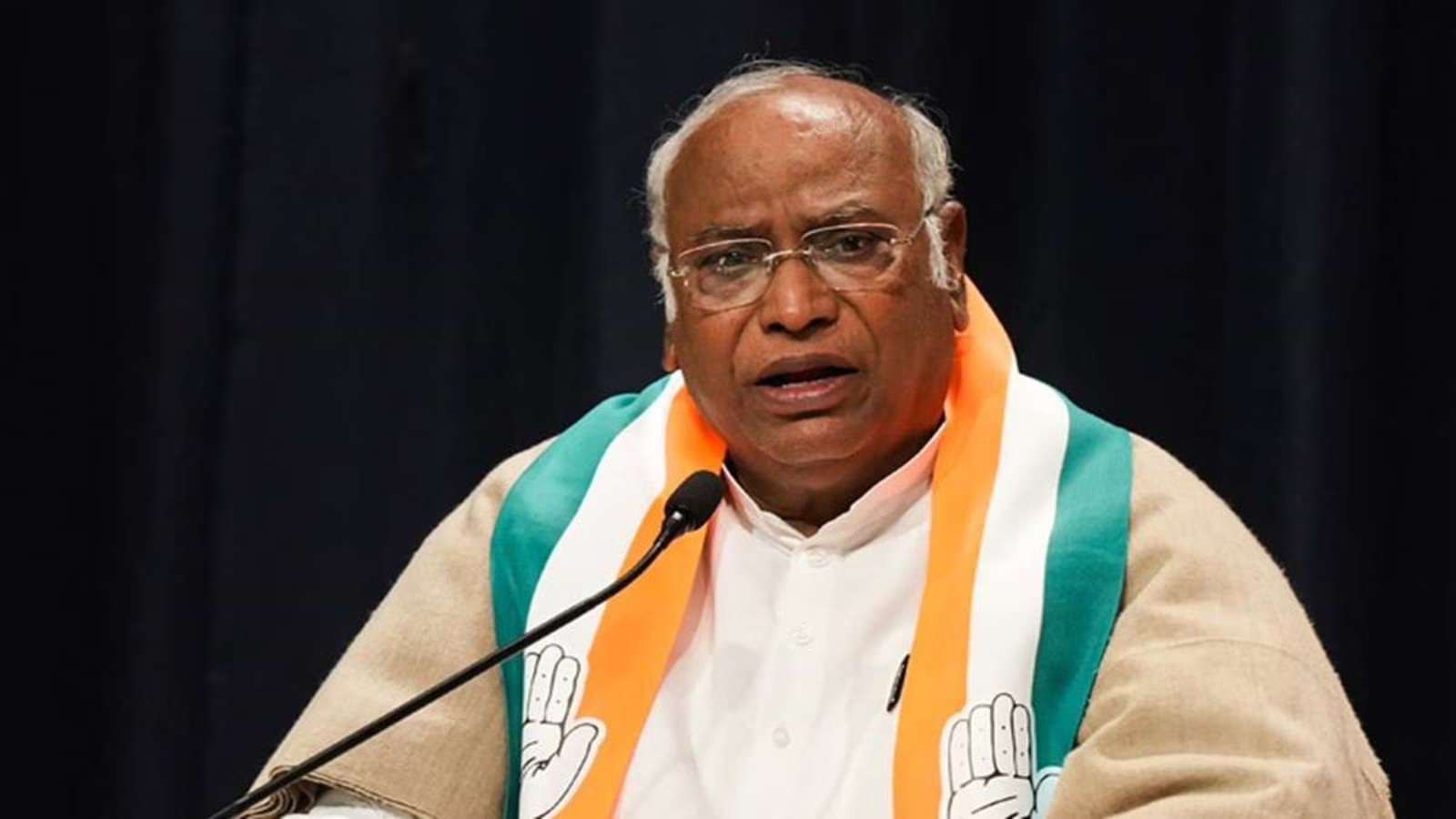Now Reading: Tej Pratap’s New Political Move: Forms Alliance with VVIP Ahead of Bihar Polls
-
01
Tej Pratap’s New Political Move: Forms Alliance with VVIP Ahead of Bihar Polls
Tej Pratap’s New Political Move: Forms Alliance with VVIP Ahead of Bihar Polls

Expelled from the RJD earlier this year amid family fallout, Tej Pratap Yadav unveiled a five-party coalition to contest the upcoming Bihar elections as an Independent from his former Mahua seat. With VVIP at its core, the alliance pledges to champion social justice and development, and Tej Pratap has extended an offer for RJD and Congress to join—while drawing a line on any ties with BJP or JD(U).
The Alliance at a Glance
Tej Pratap’s new coalition includes VVIP, Bhojpuria Jan Morcha, Pragatisheel Janta Party, Wajib Adhikar Party, and Sanyukt Kisan Vikas Party. Although these are minor entities, the move signals his intention to launch a credible regional platform for the polls. VVIP’s Pradeep Nishad, known for influence within fishermen communities, strengthens the social justice narrative.
What He’s Aiming For
Tej Pratap says his campaign will pursue the visions of Ram Manohar Lohia, Karpoori Thakur, and Jayaprakash Narayan—ideological bedrocks in Bihar’s politics. He vowed to work toward systemic change and inclusive governance, regardless of personal insults or familial estrangement. “Those who mock me will fly in the air,” he declared.
Constituency and Strategy
He confirmed he will contest from Mahua as an Independent—his original constituency before being shifted to Hasanpur in 2020. Tejashwi Yadav, his younger brother and RJD’s CM face, has clearly been ruled out from contesting the same seat. Tej also sent sympathetic gestures, blessing his brother despite strained ties.
Implications for Bihar’s Political Terrain
This realignment poses a potential challenge to the existing RJD-Congress led Mahagathbandhan. In Tier 2 cities and smaller districts where the Yadav family legacy carries weight, Tej Pratap may attract voters skeptical of big coalitions. His local appeal and independent platform could fragment traditional vote banks.
Points of Caution
While the coalition projects ambition, its real strength will be tested in mobilizing support beyond social media. Tej’s expulsion for alleged misconduct and the family’s public rift may limit broader acceptance. Still, his ability to invite RJD and Congress suggests political flexibility—even if those parties decline the offer.
Conclusion
Tej Pratap Yadav’s move to form a new alliance marks a pivotal turn in Bihar’s election landscape. By choosing VVIP and smaller regional parties—and openly inviting RJD and Congress to join—the former RJD MLA signals a bid for independent relevance. For audiences in smaller cities, this shift in JDU–BJP–RJD dynamics may translate into watching families once united now compete at the ballot box, redefining power in Bihar’s local politics.

























